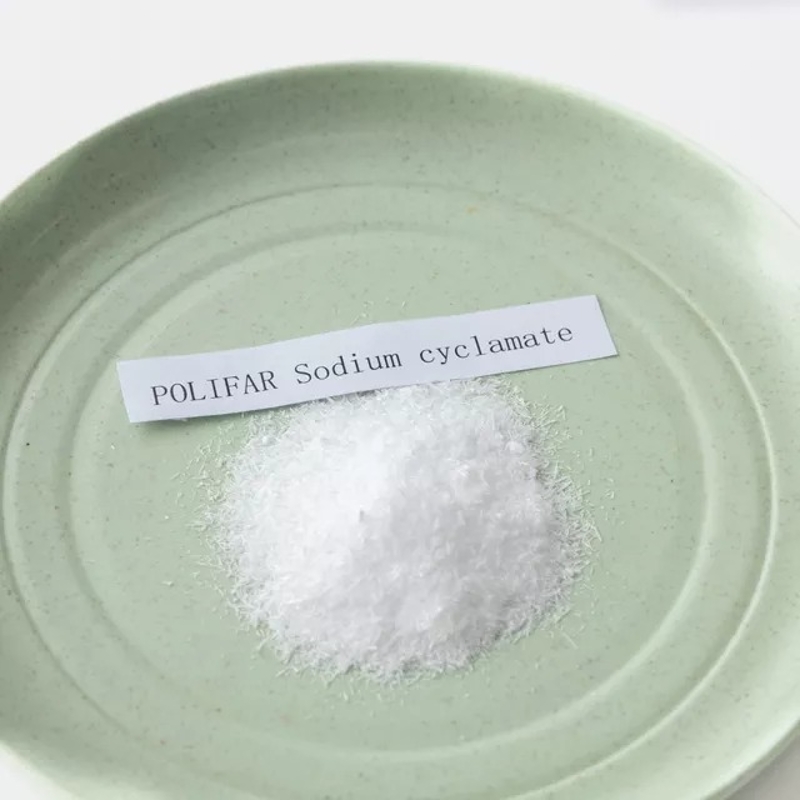-
Categories
-
Pharmaceutical Intermediates
-
Active Pharmaceutical Ingredients
-
Food Additives
- Industrial Coatings
- Agrochemicals
- Dyes and Pigments
- Surfactant
- Flavors and Fragrances
- Chemical Reagents
- Catalyst and Auxiliary
- Natural Products
- Inorganic Chemistry
-
Organic Chemistry
-
Biochemical Engineering
- Analytical Chemistry
- Cosmetic Ingredient
-
Pharmaceutical Intermediates
Promotion
ECHEMI Mall
Wholesale
Weekly Price
Exhibition
News
-
Trade Service
Last week, researchers published a study that looked at dietary data from thousands of people over the past 40 years and showed that only nine out of every 20,000 people met dietary guidelines for sodium and potassium intake, and that the nine often lacked other elements in their diets. Are we setting too high a healthy diet?
The table above contains fruits, vegetables, cereals, protein, dairy products, but where is sodium?dietary guidelines are revised every five years to reflect the latest scientific basis for diet and health. When the latest dietary guidelines were published early last year, it became clear that we still needed to do something to improve our diet.sodium, the recommended maximum intake for people at high risk of heart disease is 2,300 mg and the minimum intake is 1500 mg. About half of Americans fall into this high-risk category. The recommended potassium intake is generally 4,700 mg, but the average intake for most people is 2,400 mg to 3,200 mg. While individuals and food manufacturers are looking for ways to reduce sodium intake, it's worth asking how we can reach the recommended amount of nutrients that some
99.99 percent
people don't reach.It's ,
,
report shows that
Americans typically consume a lot of sodium and a small amount of potassium without
.
a
of evidence to prove that this is true for most of us.,
,
if the standards set are almost
impossible to achieve
,
then
in my opinion
,
our standards are indeed too high.in earlier studies, the same researchers found that they could not have designed an ideal nutritional meal
. Its
sodium
amount is
less than 1500 mg
,
at the same time
and
contains enough energy
, can
meet the needs of people under 50 years of age. A maximum of 2300 milligrams is possible, but this will require a significant change in eating habits.The foodresearchers who design dietary guidelines for Americans may argue that their job is to define nutritional concepts to minimize the risk of disease.
we are not
hydroponic plants that
nutrients from
, nutrient-rich cultures that are carefully configured. We live in a food environment that does not allow us to achieve these goals.we design our dietary guidelines, we can't ignore our
actual diet,
which foods we
can use
, and which foods we can afford. Even if 1500
milligrams of sodium is perfect for most people's ideal health, these ideals are only reasonable and feasible if they
reflect the likelihood of food supply
and
self limit
.Leaks in dosage response datathe evaluation of evidence around sodium and health, and the Dietary Guidelines Advisory Committee
raised some important questions. There is strong evidence
that
blood pressure decreases by
as sodium intake decreases by
(as other studies have shownbut not quite)., however, the Dietary Guidelines Advisory Committee
that dosage response experiments are needed on the
of sodium, potassium, and their effects. Of course, in addition to the feasibility of the problem, this should be an inspiration for not considering the entire dietary background
, only
for individual nutrients to
-set
recommended
amount of
.study continues and will continue to
dietary guidelines for americans in
2015. Before the next dietary guidelines are published,
Our realistic
eating habits
lead us to ask
Such a
Question
, what role do we want the
Dietary Guidelines to play in
-
is
a realistic guide for Americans, or
purely theoretical research?







